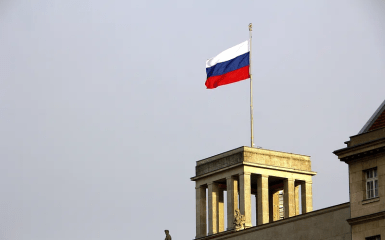In the coming years, Russia will continue to lose ground in the world's ranking of countries by living standards, according to the IMF.
Russia's economy is actively declining
According to IMF estimates, Russia currently ranks 68th in the world in terms of GDP per capita, which is considered an indicator of the level of economic activity and quality of life.
Last year, the Russian economy generated $13,648 in per capita GDP, six times less than the US ($81,632), four times less than Germany, and almost 10 times less than the world leader Luxembourg ($129,810).
Over the past 10 years, Russia's GDP per capita, according to the IMF, has fallen by 16%.
As a result, in the global ranking, Russia is on a par with Mexico ($13,642) and lower than Panama ($18,725), Argentina ($14,024), Bulgaria ($15,854) and Hungary ($22,146).
According to the IMF, over the next three years, Russia's GDP per capita will grow by only 11% to $15,146. As a result, Russia will fall back to the eighth place in the top ten countries and will be overtaken by Kazakhstan and Turkmenistan, which are projected to reach $15,964 and $15,517 per capita by 2027.
Sanctions against Russia: is there any effect?
For three years now, the West has been bombarding Russia's economy with sanctions in an attempt to punish it for its full-scale invasion of Ukraine. For a long time, the official Kremlin has openly ridiculed Western economic restrictions, including the oil price ceiling.
It is worth noting that oil and gas have long been the main source of Putin's treasury. After the European market closed to Russia, India and China became the Kremlin's main oil buyers.
On 23 March, Bloomberg reported that Indian refiners would no longer accept tankers owned by state-owned Sovcomflot due to the risk of sanctions.
On 18 April, Bloomberg reported that Moscow wants to circumvent Western sanctions by building two new routes to Asia via Iran and the Arctic coast.




